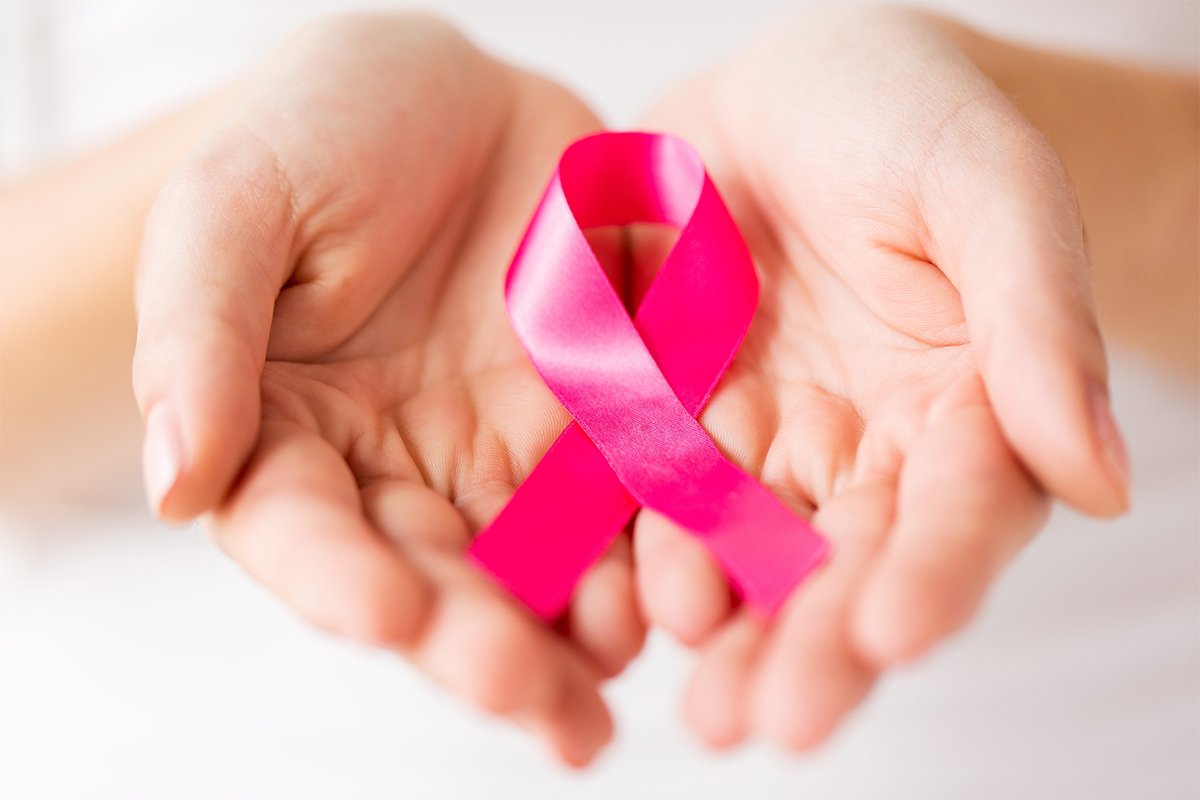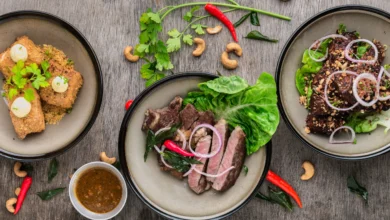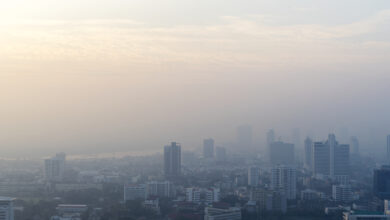
Kicking breast cancer while you can: why diagnosis doesn’t mean death
The Philippines has the highest incidence of breast cancer among 197 other countries in the world. It is also the number one killer among Filipino women and is the 9th leading cause of death in the country. While these numbers are certainly alarming, there’s plenty of hope. Here’s why:
One: Knowledge is power
Illness is often unexpected, and the best weapon you can yield against it is by being prepared. According to Dr. Norman San Agustin, a fellow of the American College of Surgeons, the first must-win battle involves busting myths about the disease. One common myth is if one has no family history of breast cancer, one won’t get it.
“About 80% of women with breast cancer are the first ones to develop it in their entire family. so diseases with family history is only about 10 to 20 percent. So, 80 percent will develop breast cancer even without family history.”
Another question you may ask yourself is why Pinays are more likely to get it. Medical professionals say that Philippine women have “dense” breasts, which make detection of lumps more difficult. Therefore, very often they end up having breast cancer detected at a later stage.
“We have to break the cycle of fear about breast cancer with awareness, correct information, and the appropriate treatment. Most recent statistics show that the survival rate of very early detected breast cancer is 99 percent.”
Two: Prevention is key
Fact: One out of four Pinays will develop breast cancer. The good news? This can be prevented with early diagnosis and treatment.
The most basic thing you can do is to check yourself. By age 20, do a monthly breast self-exam. By age 30, an annual clinical breast exam by a medical professional is a must. And by age 40, make an annual mammogram mandatory.
There are also other things you can do to reduce your risk – lifestyle-wise. Things such as reducing your alcohol intake, avoiding smoking, and getting in some exercise will definitely help. Experts also say that breast-feeding your children, reducing hormone therapy, and avoiding frequent exposure to radiation and pollution are other ways to prevent the occurrence of the disease.
The ribbon that ties us together
Being diagnosed with breast cancer can be daunting, and may instantly feel like a death sentence. But look around you – there are countless survivors and friends of these survivors who can offer much needed support.
ICanServe Foundation is one organization that advocates breast cancer awareness. Their program, Ating Dibdibin or “Take Your Breast Care to Heart”, specifically aims to teach early breast cancer detection techniques free of charge. There are also screening sessions conducted by their medical team and cancer survivors.
The organization also provides access to financial help for diagnostics and treatment. This program has been made possible through ICanServe Foundation’s partnership with local communities. So far, Ating Dibdibin has been conducted in Marikina City, Taguig City, Muntinlupa City, and Panabo City in Davao.
Through the program, each locality’s medical team including barangay health workers, community health workers, and other interested medical professionals in the private sector go through intensive training on early breast cancer detection techniques.
Life beyond the storm
Cancer – breast cancer in particular, has left a scar on the lives of many people. Many think that when you develop the disease, you automatically lose your identity as a woman and your life altogether.
But this is not necessarily true – remaining optimistic and having a fighter attitude despite trying times helps immensely.
For instance, Angelina Jolie revealed that she had undergone a double mastectomy back in 2013. She did this after finding out she had 87 percent chances of getting breast cancer. Jolie’s decision made a strong statement that inspired so many people across the world – that there is hope even after detection, and that you do not lose your femininity after undergoing such a procedure.
While it’s true that disease knows no time, age, ethnicity, or gender, remember that with proper prevention and early detection, comes hope and healing.




